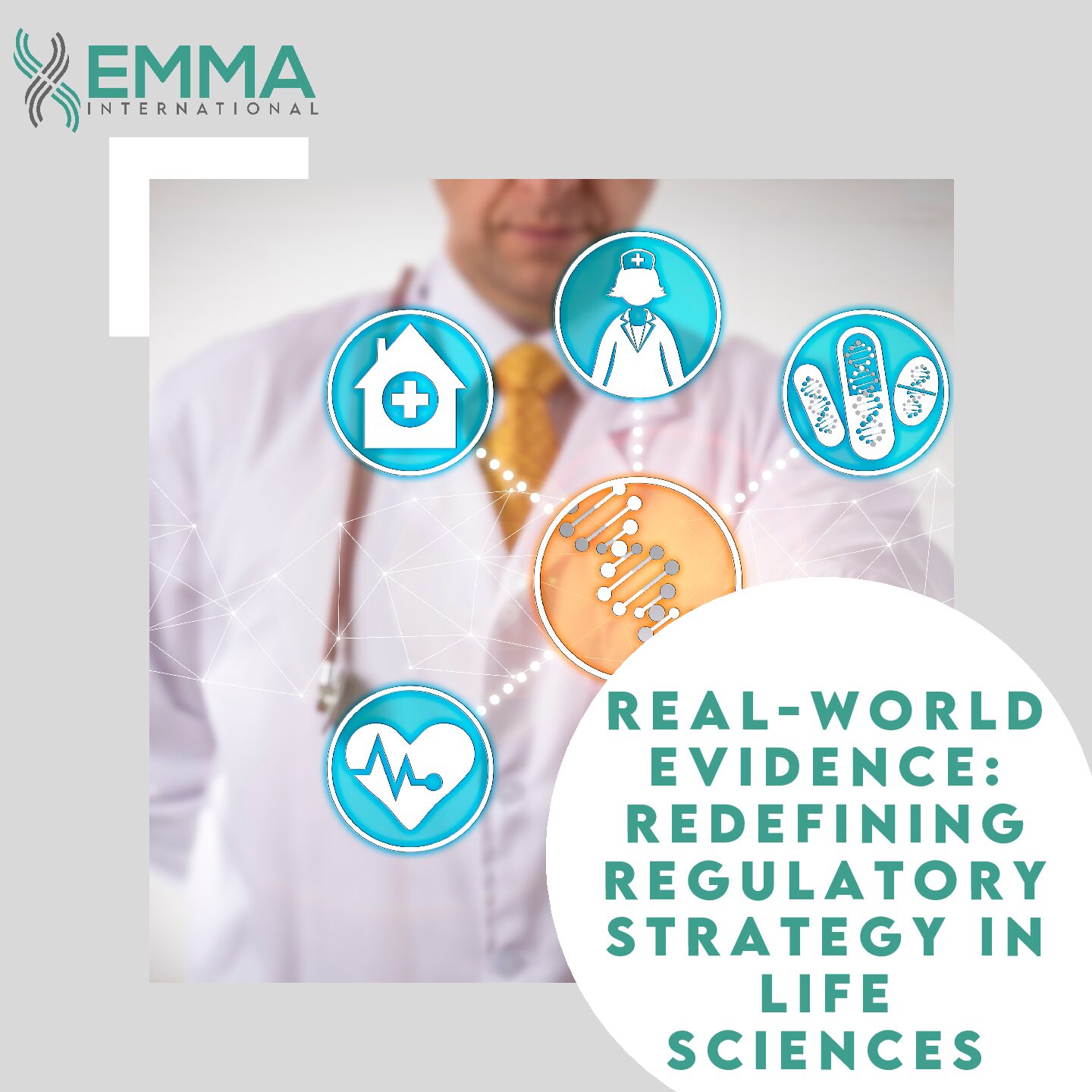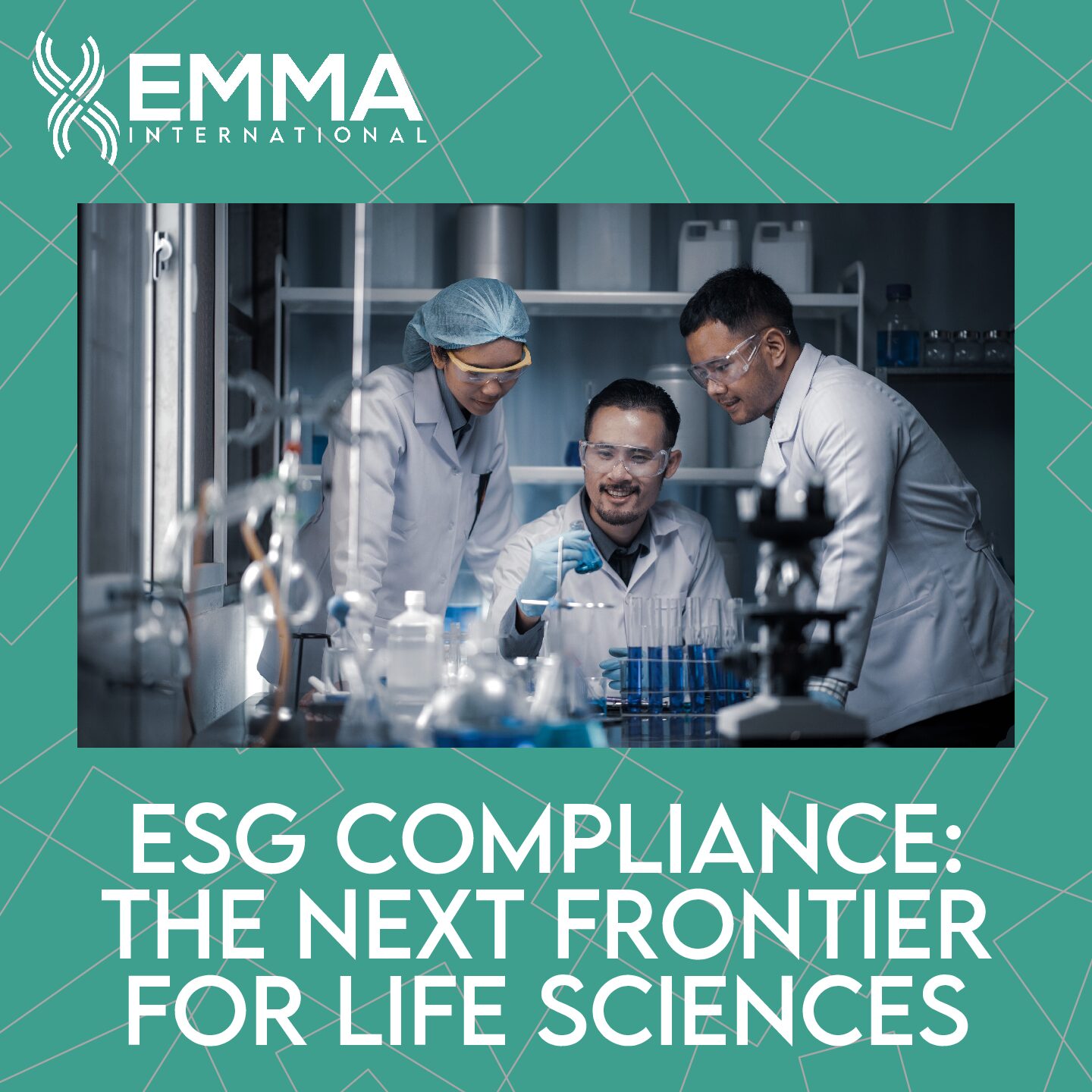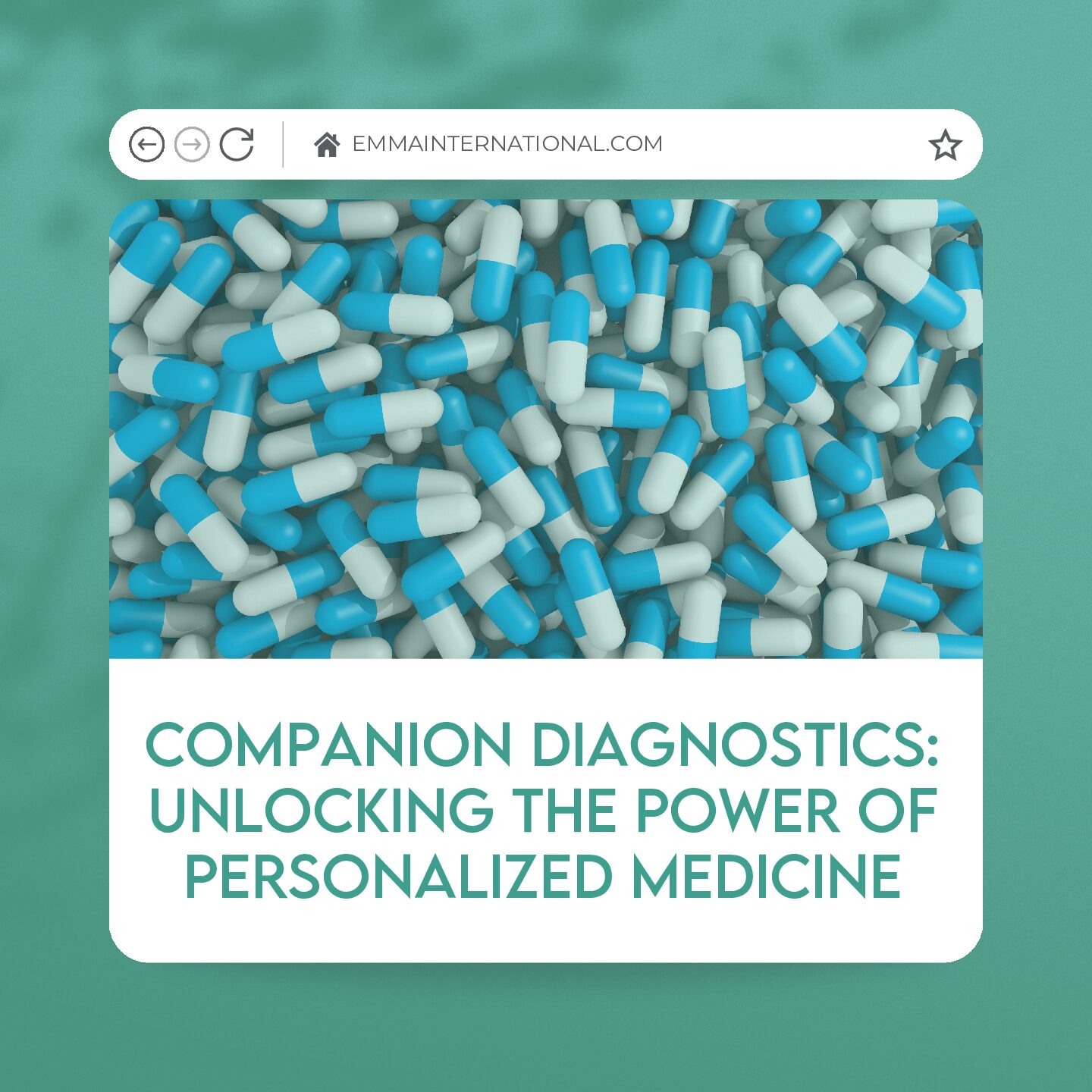The journey from a novel drug or medical device’s conception to its market approval is a meticulous process guided by scientific expertise and rigorous evaluation. One indispensable component of this process is the involvement of FDA Advisory Committees. These committees play a pivotal role in providing independent, external expert advice to the FDA, aiding in the agency’s decision-making regarding product approvals, labeling, and post-marketing surveillance.
FDA Advisory Committees are comprised of external experts from various fields, such as medicine, pharmacy, statistics, and other relevant disciplines. These committees are convened when the FDA seeks additional insights and recommendations on specific matters, such as the approval of a new drug, biologic, or medical device. Each committee is dedicated to a specific therapeutic area or type of product, ensuring that the members possess the necessary expertise to assess the safety and efficacy of the products under review.
One of the primary functions of advisory committees is to evaluate scientific data related to the safety and efficacy of products. Committee members review data from clinical trials, preclinical studies, and other relevant sources to assess the overall benefit-risk profile of a product. They help weigh the potential benefits of a product against its associated risks, considering factors such as the severity of the medical condition it intends to treat and the availability of alternative treatments.
Transparency and public trust are vital in the regulatory process. FDA Advisory Committees provide a platform for public input through open meetings where patients, advocacy groups, and other stakeholders can express their views on the product under review. This inclusivity ensures that diverse perspectives are considered in the decision-making process.
Even after a product is approved, advisory committees may be consulted for post-marketing surveillance. If unexpected safety concerns arise or additional data become available, committees can reassess the risk-benefit profile and recommend appropriate actions, including label changes or product withdrawals.
While FDA Advisory Committees are integral to the regulatory process, they are not immune to challenges. Critics argue that the committees may be susceptible to conflicts of interest or biases, given the potential for members to have financial ties to the industries they are evaluating. Striking a balance between expertise and independence remains an ongoing challenge for the agency to manage.
FDA Advisory Committees represent a cornerstone in the FDA’s commitment to making well-informed, science-based decisions that impact public health. As technology and medical advancements continue to evolve, the role of advisory committees remains crucial in navigating the complex landscape of healthcare innovation.
EMMA International can help bring your product to market. With expertise in regulatory affairs, clinical trials, and product development, EMMA International can support your team from concept to commercialization. To learn more, call us at 248-987-4497 or email info@emmainternational.com
FDA (March 2018) Advisory Committee Laws, Regulations and Guidance retrieved on 1/11/2024 from: https://www.fda.gov/advisory-committees/about-advisory-committees/advisory-committee-laws-regulations-and-guidance






